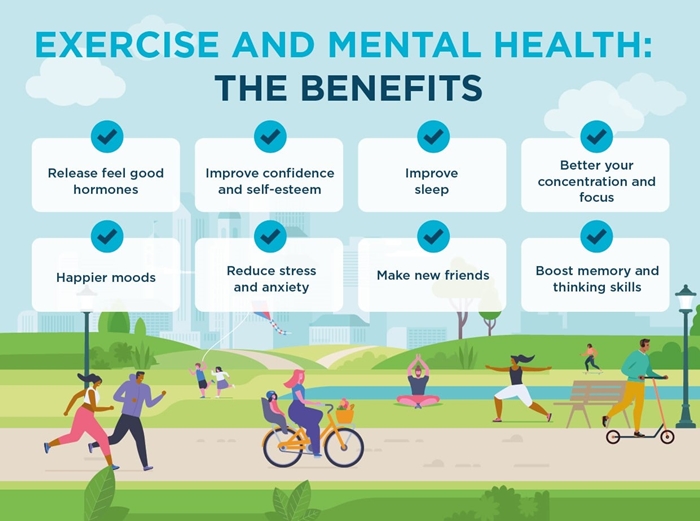In this article, talked about the benefits of mental health apps, we also discussed the meaning of mental health app.
Definition
Mental health is a state of mental well-being that enables people to cope with the stresses of life, realize their abilities, learn well and work well, and contribute to their community
Mental health apps are an application that provide patients with relevant health information and help enhance quality of care by supporting patients through access to knowledge and other skill-building resources.
The benefits of a mental health app
Mental health apps are created to assist and treat users at all stages of clinical need. For example, there are apps to help individuals who are looking for prevention services, meditation, crisis intervention, diagnosis, supplemental information to in-person treatment, and overall management
There are multiple advantages in using mobile health apps to improve one’s mental wellbeing. These benefits include:
re are multiple advantages in using mobile health apps to improve one’s mental wellbeing. These benefits include:
Understanding: Once you have provided some basic information about how you’re feeling, a mental health app can quickly understand where you may be struggling. Whether it’s depression, anxiety or stress, the app can highlight the areas of mental health that is currently affecting you.
Direct access to resources: When the app highlights mental health issues, the user can be provided with helpful resources and information about the topic so they can gain a better understanding of the issues they may be suffering from.
Goal setting: Once you understand the issue it can be hard to know what to do about it. An app can help set targeted and tailored goals that work for you. Achieving set goals is a proven way to help improve various aspects of mental health.
Reporting: To help keep track of your mental health goals, the app can input your daily, weekly or even monthly data and present your progress in easy-to-digest graphs or tables. Some apps connect directly to smartwatches or other devices and automatically upload data points such as running distance. Our new Converge App collects this private data and secretly sends this data back to the employer. This accumulated reporting can help the employer understand the shifting health and wellbeing trends of their employees.
Greater convenience: Since so much of the population uses a smartphone – and the average user checks their phone as often as 150 times a day – it can be beneficial to store your mental health progress in a device that is such a part of daily life. Whereas in-person therapy requires scheduling a block of time weekly or bi-weekly, you can schedule a session with your phone whenever you please.
Engaging: A study conducted by Harvard University found that people have an essential motivation to use a mental health app at regular intervals in order to progress in treatment. The reasons for this were assumed to be due to the fact that people using a mental health app felt in control of their activities and were responsible for their improvement. Another reason was the power of notifications to remind the user to complete their goals. Finally, it was assumed that the apps were appealing due to being considered technologically savvy. These technologies may be more appealing to certain participants over traditional therapy.
Anonymity: Many people prefer not to share their personal and private information even with a professional and would rather manage their mental health more privately. While a mental health professional is obligated to keep your information private, mental health services on your smartphone are completely confidential. Furthermore, mental health apps don’t require directly communicating with another person, which can be a source of anxiety for some people.
Conclusions: These results show that CBT mental health apps, such as Air Heart, have the potential to reduce depressive symptoms over a short intervention period. The randomized controlled trial results established that customization of app features, such as avatars, does not further reduce depressive symptoms over and above the CBT modules and standard app features, including journal, reminders, and mood tracking. However, further research clarifying the relationship between virtual avatar documentation and mental health systems is needed as society becomes increasingly more digitized. These findings have potential implications for improving the optimization of mental health app designs.
READ: Impact of Technology on Mental Health


